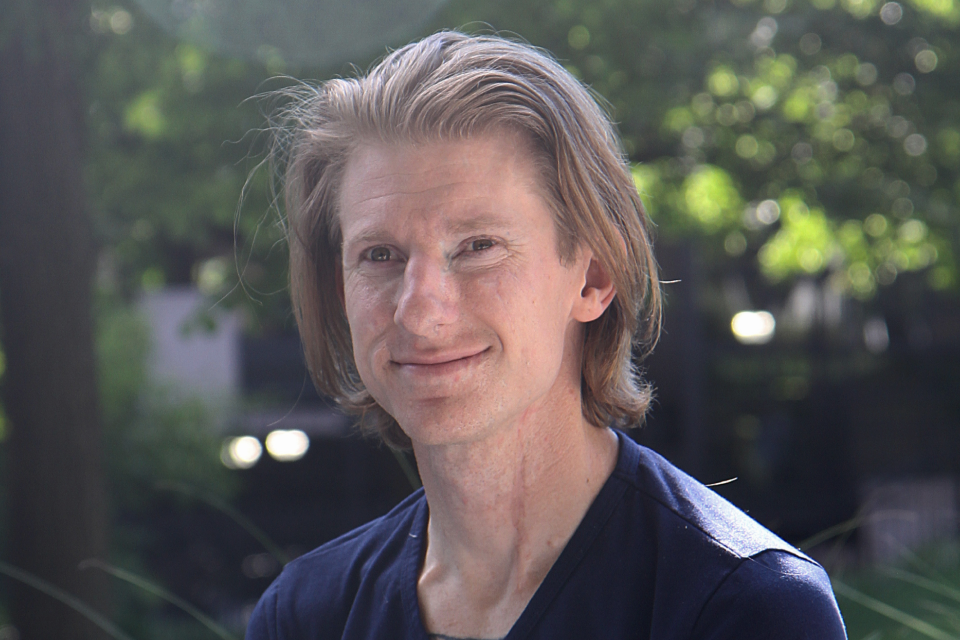Brendan, Double Arm Recipient
“I can’t not think about her every time I do anything. It is because of her and her family. I wouldn’t be able to do anything that I do today without them.”
VCA stands for Vascularized Composite Allograft, which are made up of multiple types of tissue including skin, bone, nerves, and blood vessels. Examples of VCA organ transplants include face, hands, and abdominal wall.
The VCA transplants that you hear about most often are hand, arm, and face transplants. But they also include the larynx, genitalia, the abdominal wall, and other body parts.
VCA transplants can restore abilities and independence in ways that artificial limbs cannot. These transplants can transform lives.
Hand, arm, and double hand transplants are very complicated. Bones have to be fixed onto the arm. Arteries, and veins must be reattached. And tendons and nerves need to be repaired. The medical and surgical team can include dozens of experts. The surgery can take up to 16 hours to perform.
Full face and partial face transplants require teams of doctors and many hours to perform. How long depends on the recipient’s injury or illness. For example, if the mouth and jaw need to be replaced, then teeth, bone, tongue, chin, and skin also might need to be transplanted, increasing the complexity of the process.
Any resemblance will likely by minimal. Skin features such as moles, freckles, and scars will be visible on the recipient. However, the recipient’s underlying bone structure may be different from the donor’s.
Traditional transplant matching criteria applies for VCA. This includes compatible blood and tissue types. VCA requires matching other features such as skin color and tone, body size, and sex.
Yes, there is a risk of rejection, just as any organ transplant. Patients could be on anti-rejection medication for the rest of their lives. Recovery with physical therapy and occupational therapy (and speech therapy for face transplant patients) can be a full-time job for years. Anytime a person has surgery, there can be other complications, such as infections, bleeding, and scars.
When you sign up as an organ, eye, and tissue donor, you’re not authorizing a VCA donation. Your family makes that decision. It is important to share your decision to become a VCA donor with your family.
You can help educate people about the wonderful things VCAs make possible by sharing outreach materials. Check out our selection and download materials.

Brendan, Double Arm Recipient
“I can’t not think about her every time I do anything. It is because of her and her family. I wouldn’t be able to do anything that I do today without them.”